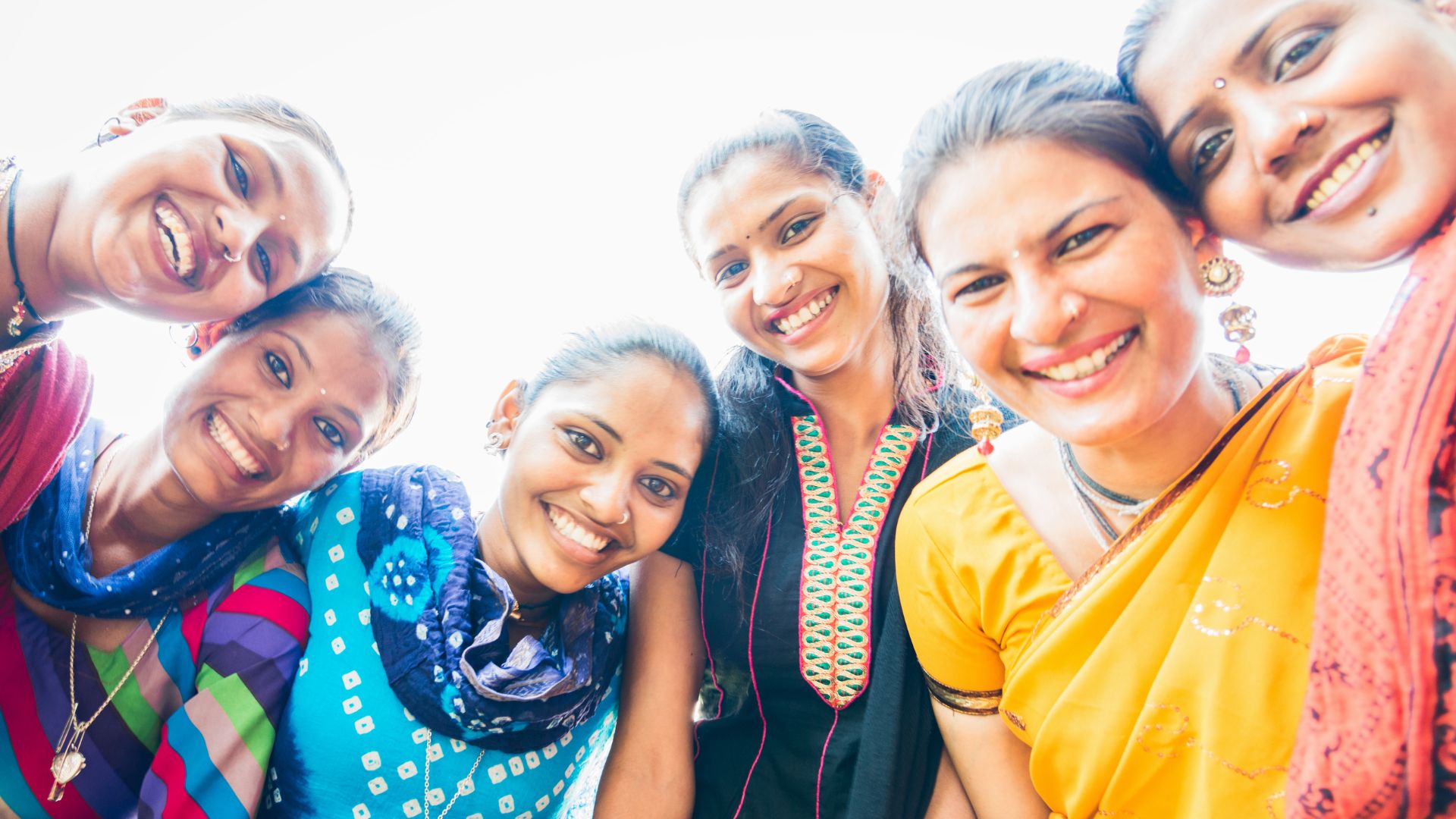Jan 17, 2024
Despite increasing global awareness and advancements in mental healthcare, the stigma surrounding mental illness remains deeply entrenched within many South Asian communities. This article delves into the complex tapestry of cultural factors, societal pressures, and historical baggage that contribute to this persistent issue, highlighting the challenges faced by individuals and their families.
The Tangled Web of Shame and Societal Expectations:
Fear of Family Repudiation: In cultures known for tight-knit families and communal living, the fear of ostracization and family shame looms large. The concept of "izzat," meaning honour and respect, becomes inextricably linked to mental well-being. A family member suffering from mental illness is often seen as a threat to collective social standing, leading to silence, denial, and a reluctance to seek help.
The Misconception of Masculinity: Traditional gender roles play a significant role in perpetuating the stigma. Men, expected to be the stoic breadwinners and pillars of strength, often face immense pressure to suppress any vulnerability. This can lead to delayed diagnoses, inadequate access to treatment, and internalized suffering.
The Pressure of Arranged Marriages: In societies where arranged marriages are still prevalent, concerns about finding a suitable partner for an individual with mental illness add another layer of complexity. The fear of rejection and the perceived impact on family ties can discourage open communication and treatment.
The Language Barrier and Misrepresentation:
A Void in Terminology: The lack of readily available and culturally relevant terminology for mental illness in South Asian languages creates a significant communication gap. Concepts like depression, anxiety, and schizophrenia might have ambiguous translations, leading to misinterpretations, misdiagnoses, and even spiritual attributions instead of medical understanding.
The Shadow of Superstition: Historical beliefs and traditional medicine practices can sometimes intertwine with mental health experiences. Concepts like black magic, ancestral curses, or divine retribution are often mistakenly seen as causes of mental illness, further distancing individuals from appropriate treatment and support.
Shattered Bonds and Societal Repercussions:
Isolation and Exclusion: The stigma surrounding mental illness can lead to social isolation, discrimination, and even workplace or educational marginalization. Individuals and families might face ostracization, gossip, and fear-driven avoidance from their communities, deepening the sense of suffering and alienation.
Intergenerational Impact: The lack of open dialogue and support can have long-lasting consequences across generations. Silence surrounding mental illness can lead to delayed diagnoses, untreated conditions, and increased vulnerability for future generations, perpetuating the cycle of stigma and suffering.
A Collective Call for Change:
Championing Open Dialogue: Individuals like Monty Panesar and Apache Indian, who have courageously shared their struggles, pave the way for open dialogue and awareness within the community. Sharing personal experiences can normalize conversations about mental health, challenge preconceived notions, and foster empathy.
Culturally Competent Support Systems: Creating culturally sensitive support networks and mental health services accessible in native languages is crucial. Educational programs tailored to address specific cultural anxieties and misconceptions can bridge the gap between communities and healthcare professionals.
Empowering Families and Communities: Engaging with community leaders, religious figures, and elders can play a vital role in dismantling the stigma. Fostering understanding and acceptance through culturally appropriate interventions and education can create a climate of support and encourage families to seek help without fear of judgement.
A Future of Hope and Acceptance:
By acknowledging the multifaceted nature of the problem, engaging in open communication, and building culturally relevant support systems, South Asian communities can begin to rewrite the narrative surrounding mental illness. By prioritizing understanding, compassion, and access to appropriate care, a future of hope and acceptance becomes a real possibility for individuals and families struggling with this invisible battle.

































































